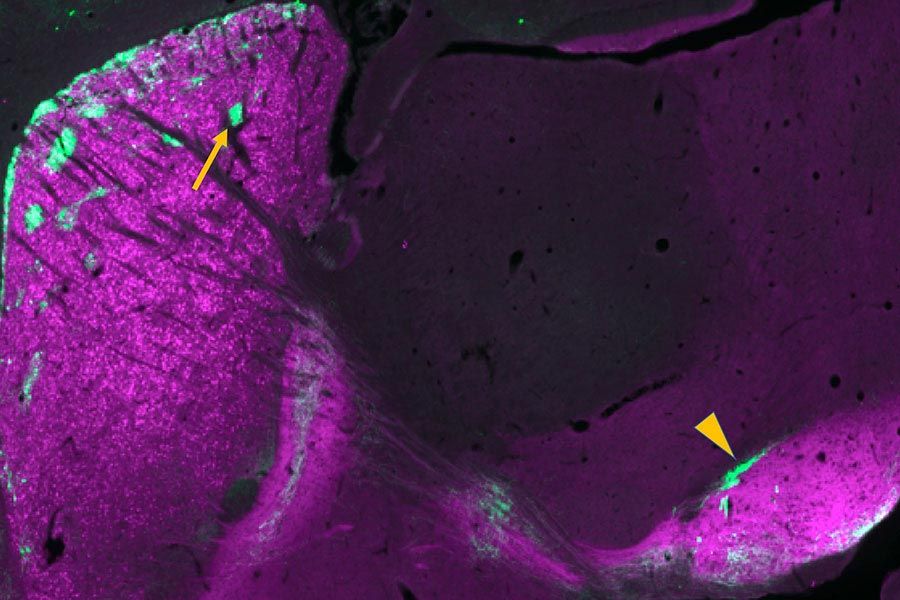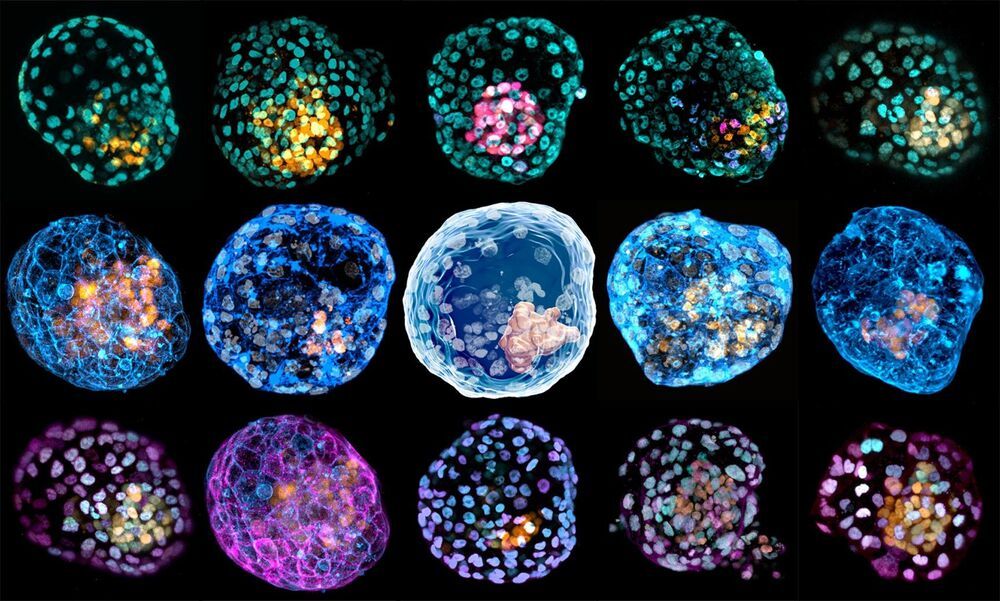April 6 — 7, 2021, 9:00am — 5:00pm EST
MAKING IN SPACE
FROM MINING TO MANUFACTURING
As humanity expands into space and unlocks the incalculable abundance of the CisLunar Econosphere, Orbital Manufacturing is a necessary first step.
Here on Earth, settlements emerged around concentrations of natural resources: rivers, forests, ores, harbors, fertile fields. Roads then developed between the resources and settlements, and towns grew. Resource extraction (mining) and resource optimization (manufacturing) evolved. Eventually, specialization led to local, regional, and national competitive advantages. With growth speeding the process, communities and people prospered!
This month, we’ll explore the evolution of orbital manufacturing, its technological and production capabilities on orbit, and the financial and industrial impacts on the United States.
https://www.f4f.space/event-details/blue-marble-week-orbital-manufacturing
MAKING IN SPACE







